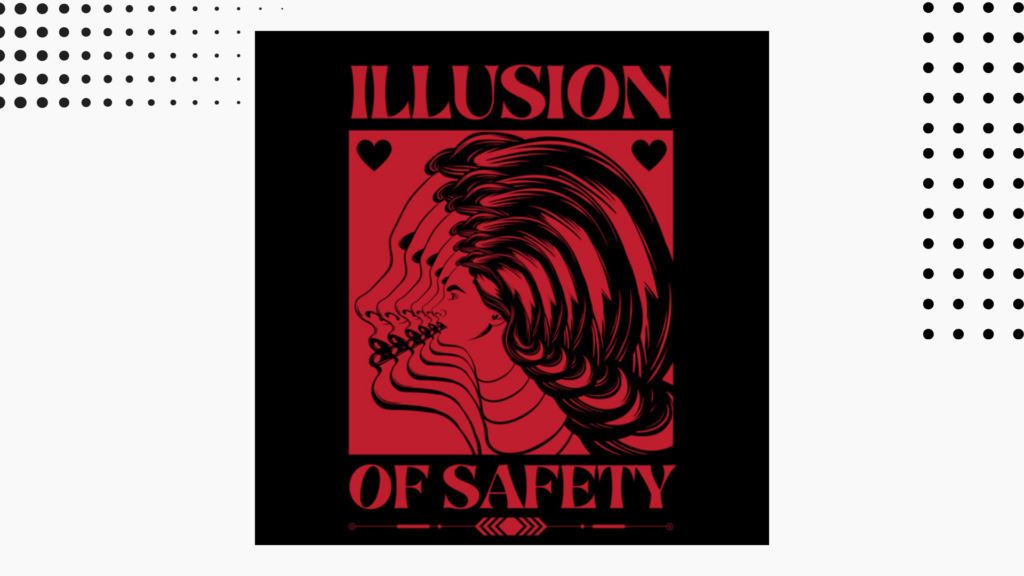What’s going on in EHS this week? Find out with Safety at the Frontline!
Tune in on Mondays to get the latest safety news with Frontline’s podcast. We’re covering the top EHS news, along with some quick and useful tips, so you can stay safe and keep rocking on the frontlines.
More companies sign the MSD Pledge
Let’s start the week off with some uplifting news!
MSD or musculoskeletal disorders are the most common workplace injury. A couple of months ago top industry employers like Amazon and United Airlines, decided to take action under the leadership of the National Safety Council. They signed the MSD Pledge, which seeks to create safer outcomes for millions of workers worldwide by reducing these injuries by 25% by 2025.
According to recent news, more than 100 employers have signed the pledge, promising to reduce risks, innovate and collaborate, build an organizational culture that values safety, and commit significant reduction of MSD injuries.
NIOSH funds 11 Ag Centers
Onto the next news, NIOSH recently announced in a press release it is funding a total of 11 Centers for Agricultural Safety and Health across the United States. NIOSH Director John Howard said that “Ag Centers have been integral to our efforts to reduce injury and illness in the agriculture, forestry, and fishing sectors.”
The funded “Ag centers” are scattered across the states of New York, Florida, Kentucky, Minnesota, Wisconsin, Iowa, Nebraska, Texas, Colorado, Washington, and California. The newest Ag Center to join the others is the Great Lakes Center for Farmworker Health and Wellbeing at the University of Illinois Chicago. According to NIOSH, this specific Ag Center will rework surveys and identify injuries and illnesses farm workers are exposed to.
Handwashing declined since Covid-19
Last news of the week, based on results from a recent Food Standards Agency survey, there has been a decline in consumer handwashing from mid-2020 during the COVID-19 pandemic. Between April 2020 and January 2022, people who reported handwashing with soap and warm water “always” or “most of the time” declined from 79 percent to 68 percent.
Public health officials say handwashing is one of the best ways to avoid food poisoning. Poor hygiene can contribute to foodborne diseases, such as E. coli and norovirus, while good hand hygiene can reduce the risks of cross-contamination.





